
On March 8th, International Women's Day is celebrated. This day revolves around women, equal opportunities, and women's emancipation. Globally, only thirty percent of scientists are women. That's why some of our female colleagues in science at Radboudumc share their experiences.
Equal opportunities for women and men, a scientific career, and what needs to be done to increase diversity. Five women from Radboudumc working in science speak on these topics, but more importantly, they share insights into their work. What makes working in science so special, challenging, and inspiring? Meet Saskia Middeldorp (professor and head of the Department of Internal Medicine), Idil Orhon (researcher in Nephrology), Nicole Scharenborg (analyst in Biomedical Sciences), Janita Bralten (assistent professor in Department of Human Genetics), and Nicole van Gelder (PhD candidate in the Department of Primary and Community Care).
Nicole van Gelder: ‘My research shows that partner violence primarily affects women'’
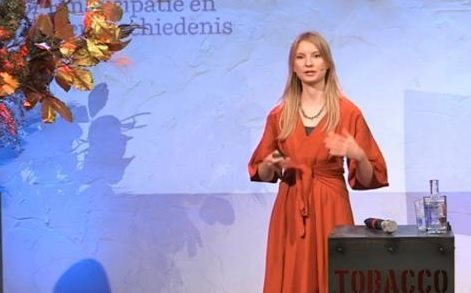
Today, on International Women's Day, I defend my thesis 'Innovating Support For Women Who Experience Intimate Partner Violence And Abuse - The development, implementation, and evaluation of the self-support eHealth intervention SAFE'. I entered the scientific world because I wanted to make a positive impact for larger groups of people, preferably combining research and practice. With the SAFE platform, I succeeded. I am also a community manager there, answering help and advice questions from women who are victims of intimate partner violence. In addition to research, my work includes knowledge transfer, such as providing education, lectures, and workshops.
I have been researching a digital self-help intervention, SAFE, for women experiencing intimate partner violence over the past years. At SAFE, we chose to make this platform explicit for women because they are the largest group of victims. The violence against them is more structural in nature, they are more often seriously injured, and they are also much more likely to be killed by a (former) partner than men. At the same time, you notice that there is still a greater taboo for men when they are victims of this type of violence. We still have a lot to learn about diversity in sex, gender, and sexual orientation regarding intimate partner violence in healthcare and research. The field of online assistance in intimate partner violence is also young; so we can still gain a lot of knowledge. My work in science contributes to this, that's why I do it.
Saskia Middeldorp: ‘I still see too many male only panels’
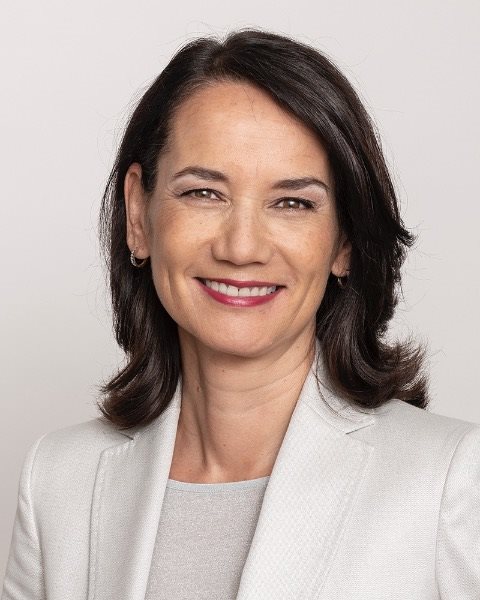
When I was five, I wanted to become a doctor. My mother, who was a nurse, taught me: get the best out of yourself, go for it. So first, I wanted to become a very good doctor, and then a very good internist. When I came into contact with scientific research, I wanted to make a difference. I came across thrombosis, where blood clots and blood clots can form. There was no scientific evidence for the treatment or prevention of thrombosis during pregnancy. I couldn't stand it that a group of young, healthy women during pregnancy was treated in the same way as older people with a new hip or knee who receive anticoagulant medication for that. That evidence gap had to be smaller. In three large international randomized trials that I set up, we investigated the best treatment for pregnant women at increased risk of thrombosis. These results had a huge impact: we now save women with miscarriages from a burdensome treatment with daily injections, and we save money. For pregnant women with a history, we now know the optimal dose of thrombosis prophylaxis. I hope to inspire the new generation of researchers with this. Because it is possible, research among this group of women.
As head of the department of Internal Medicine, I encourage people to get the best out of themselves. Radboudumc has relatively many female department heads. This means we are not a minority, it is 'normal'. I try to implement this everywhere. As a professor, I am often present at orations and other public events, so I can show as a role model that you can sit there as a woman. I still see many 'manels' at conferences; panels with only male speakers. If I am asked as the only woman, I won't do it. Then I give such a program committee: ensure more female speakers. Because they really exist. There is also a task for female scientists, it would be nice if they respond to an invitation more often, even though there is still much other work to be done. This way, we increase visibility, and it becomes 'normal' for women to hold top positions. So if you are asked for something, go for it. I say to both women and men: have the confidence that you can do it.
Idil Orhon: ‘We must face unconscious bias in science exists’
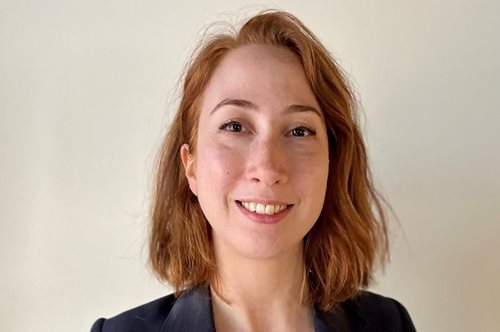
I work as a postdoctoral researcher in the Renal Disorders research program. We are developing kidney organoids, which are small pieces of kidney that we grow from cells. This allows us to conduct better research into the development of renal diseases, as well as to test treatments. If you have a curious nature, the scientific world is truly amazing. You get to search for answers to questions we haven't even thought of yet. And doing that in team science, together with people who share the same passion, truly makes the lab a great place.
But also, there is a clear gender inequality for the representation of women in academia. Look, for example, at the number of cum laude promotions in Radboudumc: 6 percent of men obtain cum laude, compared to 3 percent of women. How is that possible? It also holds true that the higher up in the hierarchy, the fewer women there are percentage-wise. I think it has to do with unconscious bias. Unconsciously, we all tend to select people who resemble ourselves, so this is something that we as a society need to take into account in selection procedures. The biggest challenge is not getting women into science, but rather keeping them there. This is a task that still lies ahead for our research community.
Nicole Scharenborg: ‘I am proud of my work, and I think it's great that I can show it.’
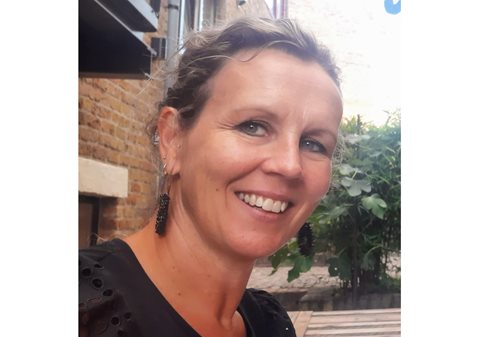
As an analyst in the patient group of Medical Biosciences, I work on special cells of the immune system that help attack certain types of cancer. In recent years, we have particularly studied melanomas and an inherited form of colorectal cancer, Lynch syndrome. At the moment, there is a study for people with ovarian cancer. We grow these special immune cells, dendritic cells, in a cleanroom, a very clean lab of Radboudumc. Completely wrapped up, with only our eyes free, I contribute to the treatment of cancer in this way. Occasionally, I also see patients, and that's how I know: we do it for them.
I sometimes see female colleagues struggle in the period after their PhD research. That is actually the moment to advance your career, by starting your own group and attracting research funds. But those are often also the years when a desire for children or pregnancy is central. That combination sometimes proves difficult.
Fortunately, I have seen positive developments in recent years, such as extended parental leave. That also makes it easier for partners to stay at home. Hopefully, that has an effect because our profession is so beautiful. Regularly, schoolchildren or other interested parties come here for a tour of the lab, which I give. I am proud of my work, and I think it's great that I can show it.
Janita Bralten: ‘Do you aspire to a scientific career? Then go for it’
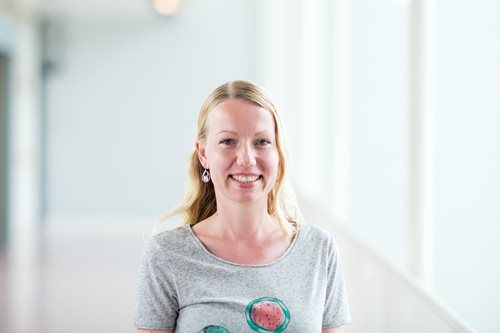
I work as a research group leader in the Genetics department, where we research the genetics of psychiatric disorders such as ADHD and autism. Boys are more likely to be diagnosed with ADHD than girls, perhaps partly because hyperactive behavior in boys is sometimes recognized earlier than concentration problems in girls. Some women only discover they have ADHD when it is diagnosed in their son. Because ADHD is hereditary, we can learn more about the underlying biological mechanisms using genetics. ADHD can manifest itself in many different ways; I hope to find subgroups based on biology so that we can offer more appropriate treatment methods.
I find science the most enjoyable thing there is. You have a lot of influence on your research questions. You can work in teams, both within and outside Radboudumc, to find answers. And you can keep learning. As a group leader, I do not necessarily feel like a role model, but sometimes I realize that I am. If students or young researchers notice that I combine a position in science with motherhood, I sometimes see their eyes light up. Yes, how nice, they think. That's why I want to tell everyone: if you aspire to a scientific career, and you are motivated about your research question, go for it.
More information
Pauline Dekhuijzen

wetenschaps- en persvoorlichter






